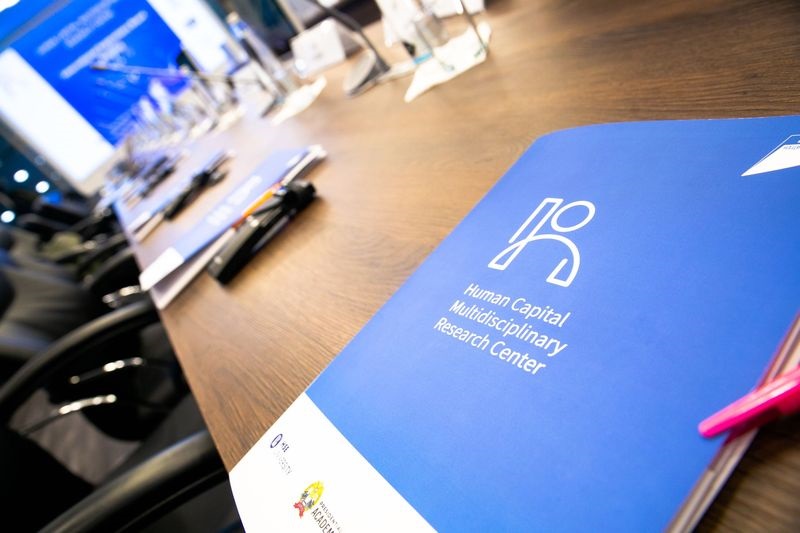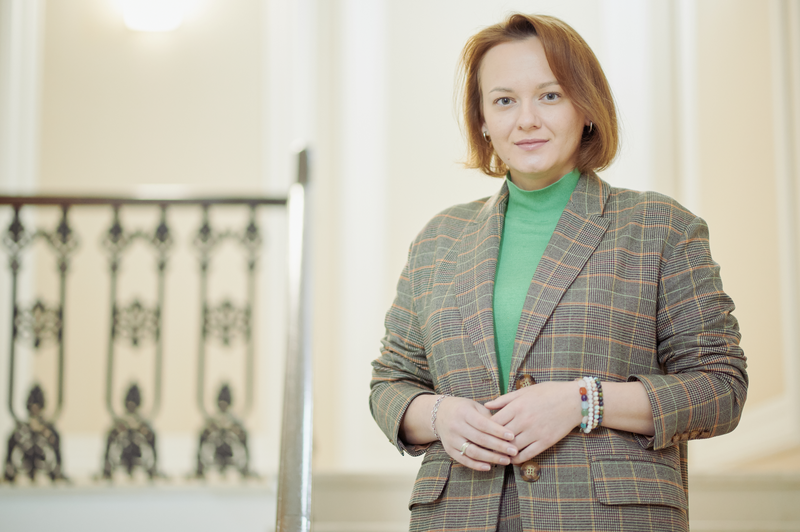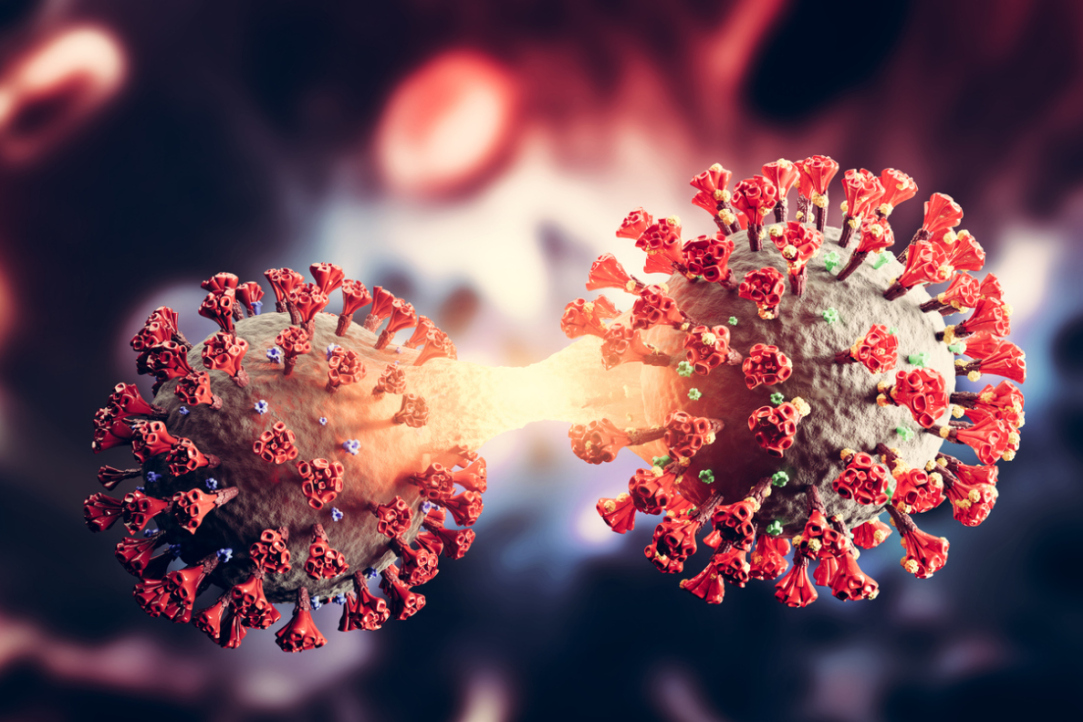
HSE University and Leading Universities in Brazil to Prepare Joint Cooperation Programmes
In the framework of a major academic mission to Latin America, a delegation from HSE University visited the Getulio Vargas Foundation (FGV), a Brazilian higher education institution and analytical centre for training specialists in administration. Representatives of FGV have expressed their interest in signing a cooperation agreement in the spheres of media communications and game theory.
Student Research Paper Competition 2023 Begins
On September 1st, a new season of the open Student Research Paper Competition (SRPC) started. This competition is aimed at developing the potential of university students who are interested in academic activities. Students, as well as 2023 graduates of Russian and foreign universities, can submit their papers for the competition until October 15th, 2023. This year SRPC turns 20 years old, throughout the competition’s history, Vadim Radaev, HSE University’s First Vice Rector, has been the chair of the organising committee. In today’s interview, he talks about the history of the competition and the key stages in its development.

Foresight and STI Governance Maintains Leading Positions in Academic Journal Rankings
The Foresight and STI Governance journal published by the HSE Institute for Statistical Studies and Economics of Knowledge is included in the first (top) level of the Russian White List, which will be applied to assess researchers’ publication activity instead of the quartiles of academic publication rankings. The journal has also improved its performance in the leading international database Scopus which has recently updated its lists of peer-reviewed scientific journals, once again confirming its place in the first quartile (Q1).

Human Capital Multidisciplinary Research Centre Presents Results to International Supervisory Board
The Human Capital Multidisciplinary Research Centre, established in 2020 and coordinated by HSE University, recently held a session of the International Supervisory Board and presented work results for the period of 2020-2022 along with plans for 2023-2025, including fundamental and applied research in the field of human development, creation of unique empirical databases for the development of evidence-based social and economic policies, and the introduction of digital approaches in humanities and social sciences.
HSE Institute for Statistical Studies and Economics of Knowledge is featured in Asian Research Policy
The Asian Research Policy research journal presented information about the HSE ISSEK and the main activities of the institute.

Strategic Projects: Producing Scientific Results of Public Relevance
About a year ago, HSE University was among the first group of Russian universities to receive a grant from the ‘Priority 2030’ Strategic Academic Leadership Programme and began implementing strategic research projects. HSE University recently defended its report before the programme's board. Elena Odoevskaya, HSE University Vice Rector and coordinator of the HSE Development Programme for the Period until 2030 and the ‘Priority 2030’ programme, spoke to the HSE News Service about what has been achieved this year and how the format of strategic projects is changing at the university.
10 Facts about ISSEK
2022 marked 20 years since the HSE Institute for Statistical Studies and Economics of Knowledge has been founded. To celebrate this 20th Anniversary, we selected key events and facts in ISSEK’s history that sparked reflective discussions in academia, set new milestones for HSE University, or encouraged development in various sectors of the Russian economy and public life.

‘An STI-Accelerated and Informed Future is Possible’
The Twelfth International Academic Conference ‘Foresight and Science, Technology and Innovation Policy’ is kicking off at HSE University on November 22. Alexander Sokolov, chair of the organising committee, talked to the HSE News Service about the evolution of the foresight agenda. Two of the conference speakers, Ibon Zugasti from Spain and Mlungisi Cele from South Africa, shared some highlights of their research.

How do digital technologies affect human well-being?
The Human Capital Multidisciplinary Research Center has published the 12th issue of the scientific digest. It presents the results of a comparative study of the conditions created for the impact of digital technologies on well-being and quality of life in Russia and the OECD, carried out by the Institute for Statistical Studies and Economics of Knowledge (HSE University).


